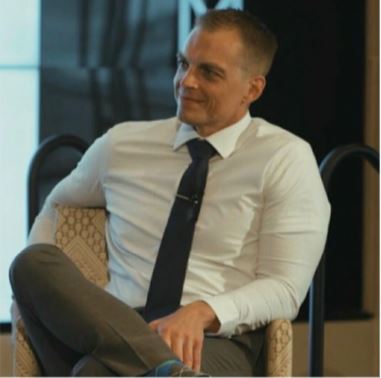Over the past couple of years, I have rediscovered the power of prayer. While I have always recognized the importance of prayer, spending time in prayer never seemed productive.
The need to be productive
As someone, a bit more geared to “doing” or “thinking,” prayer never came naturally to me. I wanted to get to the work. What I’ve come to realize is that prayer is an urgent task. As I wrote in Thinking Christian,
We may well be right to feel a sense of urgency to share the gospel with the world or to right the social and individual wrongs we see before us. We are wrong, however, to think that the patient acts of prayer and fasting, the emotive cry of lamentation, or the slow, thoughtful engagement of the scriptures and development of rich theology are not appropriate expressions of such urgency.”
Prayer is a crucial part of the work that we do as Christians.
Prayer is Christian work
Prayer is more than a discipline. Prayer is a crucial part of the work that we do as Christians. It is an activity in which we all engage in the work the church and its individual members are doing. For instance, when Dwight Moody was in Texas on his way to Mexico, he wrote a letter to the headmaster of the Northfield schools asking him to have the students lift him and his work up in prayer:
…will you ask them to pray for me. This state [Texas] is a grand field to work in, and I want power from on high to preach as never before. Also, will you ask them to pray for Mexico. I am to go there in April and I want the Lord of the Harvest to get the ground ready for the seed of the Kingdom.”
This was not a trivial request. Moody knew that the work of prayer was essential to the work of sharing the gospel.
Making prayer our own
Prayer is an urgent task, but it doesn’t always come easy. It didn’t for me. I still have difficulty staying focused through longer, sustained periods of prayer. I think I always will. Luckily, prayer doesn’t have to happen in any one way. It just needs to happen.
Prayer is something we do because we are convinced that we need God’s direction and involvement in our lives. It is something we do because we recognize that discerning where the Spirit is leading is critical to living faithfully. It is something we do to avoid working in our own strength.
Prayer is not simply what we do because we need God. We do it because He is present. In prayer, we acknowledge God’s presence. We demonstrate that we don’t serve a God who is aloof and uninvolved. Rather, in prayer, we recognize that God is involved in the world. The urgent task of prayer allows us to participate in what God is doing in the world as we wait for Him to make all things new.
Whether in times of trouble or times of peace, we can’t neglect the urgent task of prayer.
A prayer to help us pray
Lord, make prayer as natural as breathing for your people. Help us not to view prayer as an empty ritual that we perform before doing the real work but as an urgent task that expresses our belief that you are a God who is intimately involved with your people. Amen.
This is an updated edition of a post originally published on Moody Center
Featured Image by congerdesign from Pixabay
USEFUL TO GOD
Eight Lessons from the Life of D. L. Moody
FULL COLOR WITH BEAUTIFUL ILLUSTRATIONS
SEE MORE GREAT BOOKS FROM KINGDOM WINDS PUBLISHING





















[…] Open the full article on the kingdomwinds.com site […]